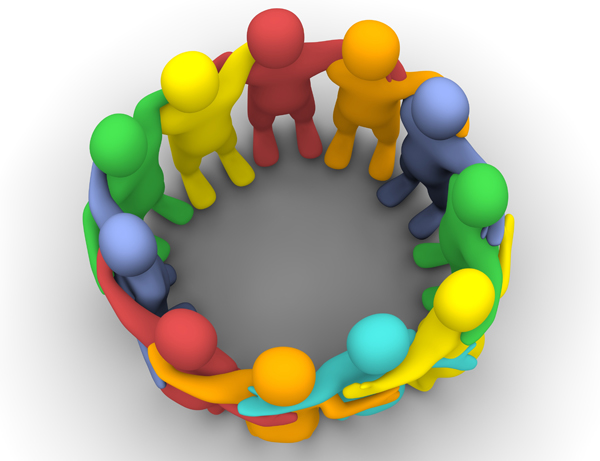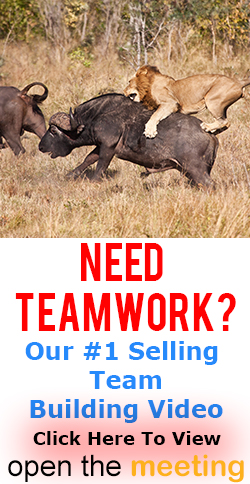Whether it is in the classroom, the locker room, or the board room, you develop teamwork when you choose to appreciate diversity and the creative contributions it offers.
Teamwork Barriers
For example, you’re driving in your neighborhood one day where a woman driving a car in front of you decides to follow the speed limit – 25 MPH. Going down the hill she puts her brakes on repeatedly. You are already late to work and this frustrates you even more. “Of all the days,” you think to yourself, “this clown, this jerk, this bozo decides to go the speed limit.” “And I know she is frustrating me on purpose because she doesn’t like how close I am to her bumper.” “That does it,” you tell yourself, “I’m going to pass this inconsiderate dork.”
I had a final job interview many years ago in which this was evident. As is the case with many final job interviews this one was with the team that I would be working with. I believed my interview was going great, but one particular person’s body language told me otherwise. She just blankly stared at me, kind of “freaky” like. When I was being funny, she didn’t laugh. When I was being engaging and looking for agreement, she didn’t nod her head.
Lack of accountability can be a big obstacle on teams. On many teams only the leader holds team members accountable. But on high performing teams, the team members hold each other accountable. When team members are focused on the results together, they are more likely to hold one another accountable. This is very common on sports team.
Trust is the foundation to every solid and functional team. Without trust team members will hold back thoughts and opinions for fear of conflict with negative consequences, won’t be as committed, won’t ask for help, will misjudge the intentions of teammates and so forth and so on.





